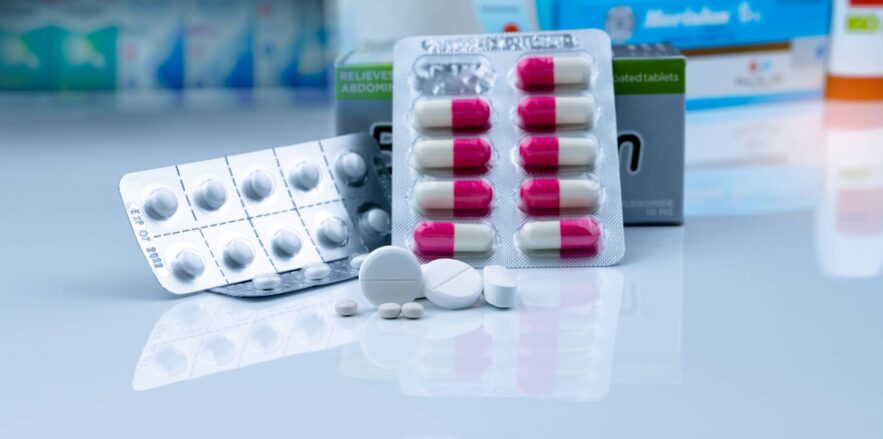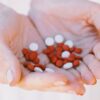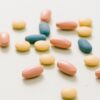Happy Tuesday, everyone. Another week is in the books, and we’re pleased to have some good news to report. But first the bad news: It turns out that certain inactive ingredients in drugs may have an effect on you, and the FDA added to their list of subpar and potentially dangerous hand sanitizers.
That said, it turns out that there’s a new drug that may treat COVID-19 and is very affordable.
Inactive Drugs Not So Inactive
The inactive ingredients in drugs — which are used sometimes as fillers, to add color, or to use as preservatives — may not be so inactive after all. A new study published in Science tested 600 inactive ingredients, known as excipients, against 3,000 targets. Researchers discovered that 38 of them have 134 unknown activities, and five of them showed signs of tissue-level toxicity.
Generic drugs have the same active ingredients but different inactive ingredients. If you try switching from a brand name drug to a generic, or change from using one generic to another, and find you have an uncomfortable reaction it could easily be the inactive ingredient that your body is responding to. For more on that topic, see MedShadow’s article: Is It the Drug or the Dye?
However, in an article by STAT co-author of the study, Brian Shoichet stated, “I don’t think we’ve discovered anything that would make me not take a drug, even if I know that there’s a particular excipient in it.” For the most part, the excipients were inactive and harmless.
Still, these findings should make you reluctant to take any new drugs without first consulting a doctor.
Heparin, A Cheaper COVID-19 Treatment
Not too long ago, remsedivir (brand name Veklury), an intravenous antiviral medication, was shown to reduce the mortality rate of patients with COVID-19 from 11.9% to 7.1%. It was promising enough that the FDA said it would allow emergency use of the drug, which essentially means that remsedivir doesn’t need to go through extensive testing to be deemed safe for use in COVID-19 patients. The downside? Gilead Sciences, the drug’s manufacturer, prices the drug at $3,120 for patients with private insurance and $2,340 for those on government care such as Medicaid. That’s not cheap.
All this to say that another drug called heparin was recently found to be as effective in fighting COVID-19 as remsedivir. How much does heparin cost? $225. Heparin acts as something for SARS-CoV-2 to grab onto, distracting the virus from attacking human cells, effectively capturing and neutralizing it. If heparin can be used to stop the virus in its tracks, then we may be looking at a much more affordable solution to COVID-19.
More Issues With Hand Sanitizers
We’ll keep this one short. Last week, we reported that the FDA issued a warning about certain brands of hand sanitizers that contain poisonous alcohol — methanol. The FDA has also found that some hand sanitizers are sub-potent, as they contain less ethyl alcohol or isopropyl alcohol than is needed to be effective to actually neutralize bacteria. Click here for the updated list of sanitizers to avoid.






